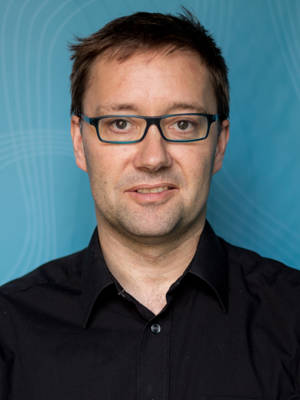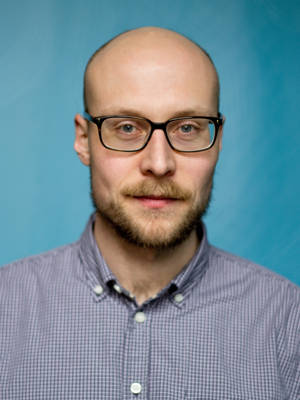This project investigates the causes of civil war and prospects for settlement or recurrent violence. It moves beyond quantitative research that uses the nation state as the unit of analysis by focusing on characteristics of the specific actors (both rebel groups and regimes), on geographical variation, and the role of transnational linkages.
The project will explore civil wars in a geographical perspective and transnational context. Cross-country comparative statistical studies, as well as much of the case-study literature, focus on various state characteristics that influence the likelihood of civil war. However, the nation-state is both too large to serve as an appropriate unit of analysis of civil wars - which are often characterized by local processes and large geographical differences within states - and too small to adequately capture conflict development, since this frequently involves transnational constituencies and activities that cross national boundaries. This project will apply theories of conflict interactions at the micro-level, recognizing that civil-war violence rarely encompasses entire states and that the relevant local processes and relations between groups in some locales (e.g., ethnic minorities) can differ fundamentally from national-level dynamics. The three main research components are:
- develop new data on non-state actors that better reflect the local conditions and interactions;
- analyze the relationship of these characteristics to conflict, using geocoding and GIS resources; and;
- use computational modeling to explore the micro-level processes and conditions that may give rise to civil war and peace at the macro-level.
The project is placed within an existing collaboration, Geographic Research on War (GROW-Network), which includes researchers at PRIO/CSCW and abroad.
This work is supported by a five-year, Outstanding Young Investigators (OYI)/"Yngre fremragende forskere" (YFF) award from the Research Council of Norway. The project leader, Kristian Skrede Gleditsch, is one of only 20 applicants who succeeded in the highly competitive round for 2007 (185 proposals were submitted). The OYI scheme is designed to enable talented young researchers within all disciplines to realise their potential for international excellence in research and develop competence leading large projects. The scheme is part of the RCN's effort to enhance the quality of Norwegian research.














